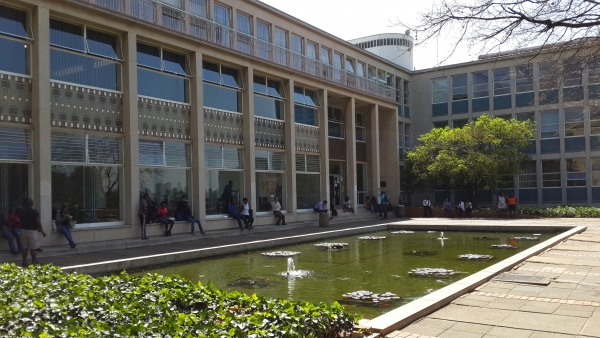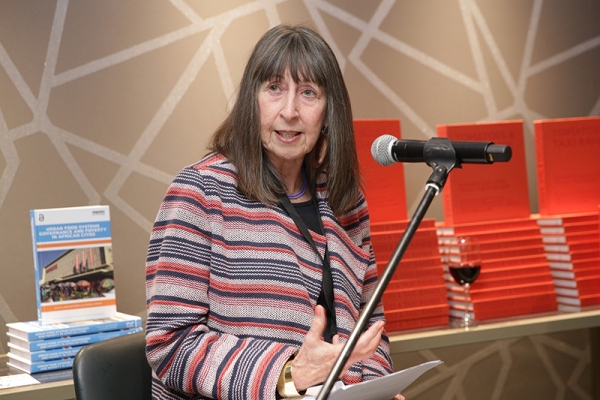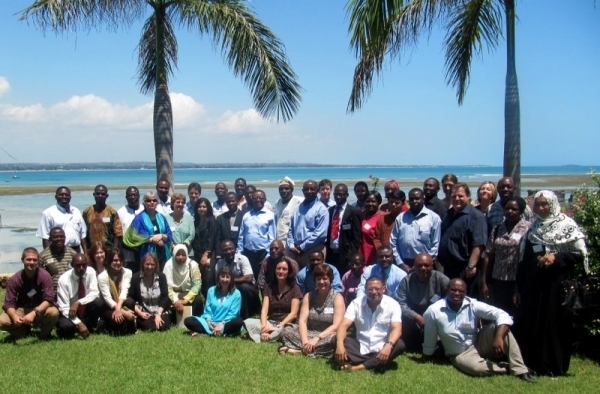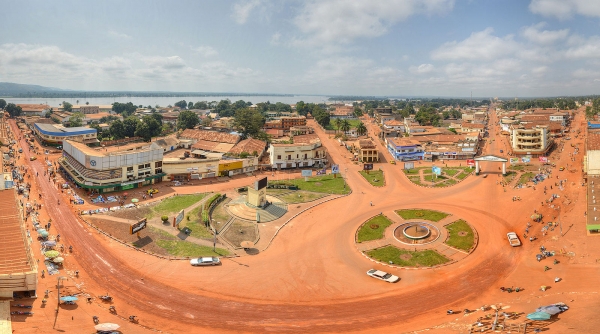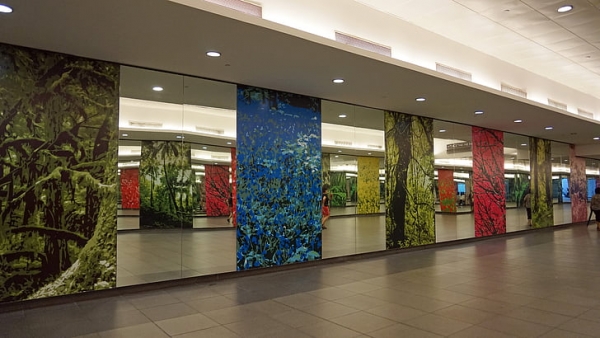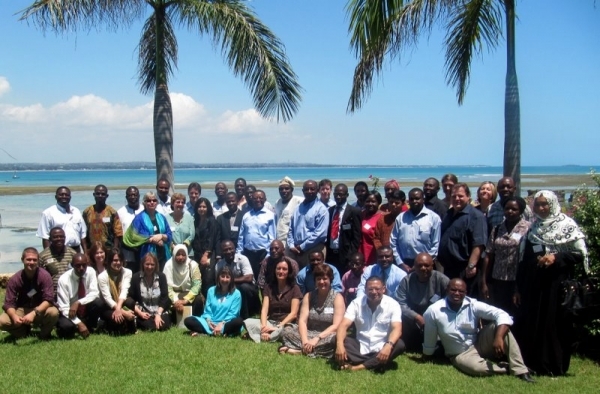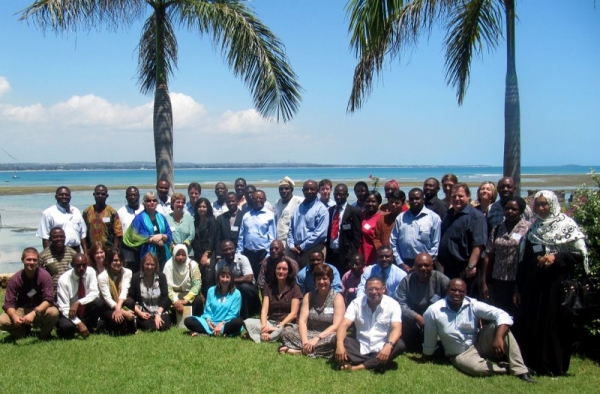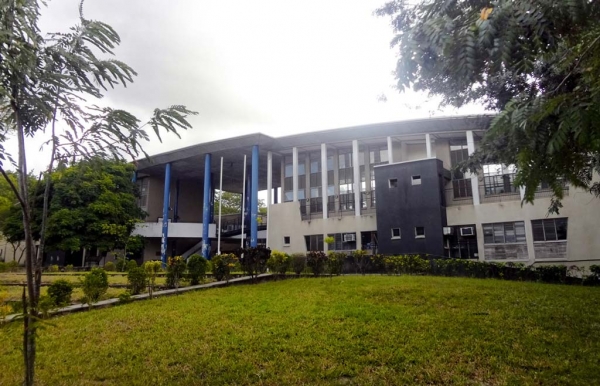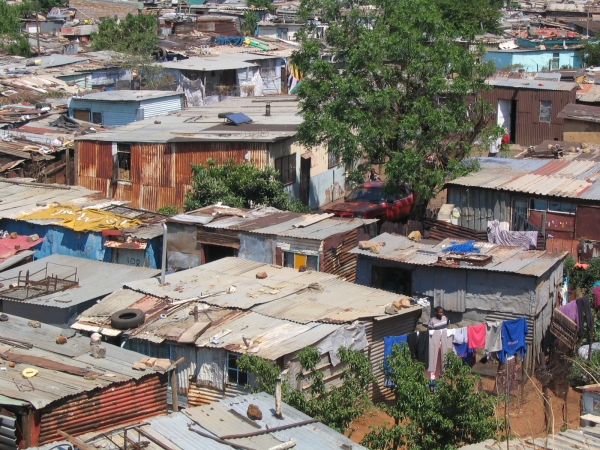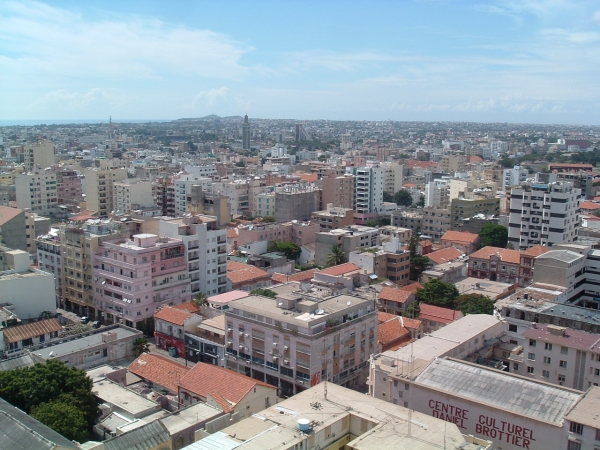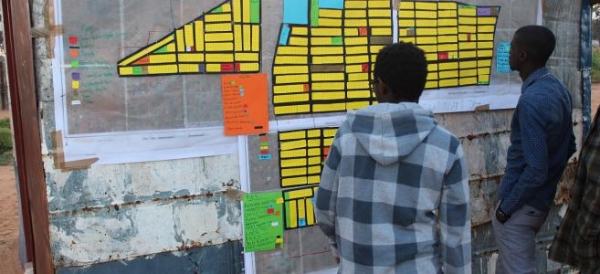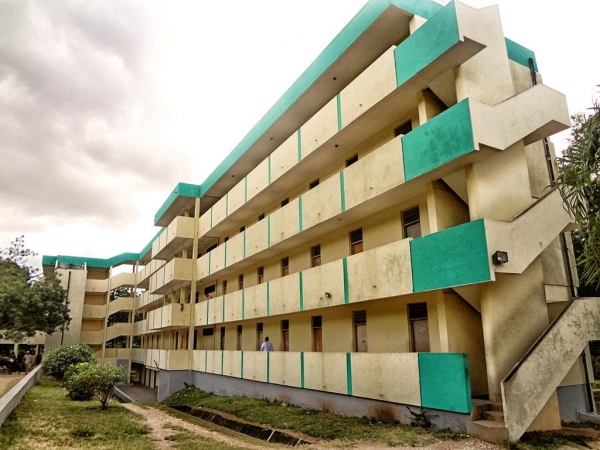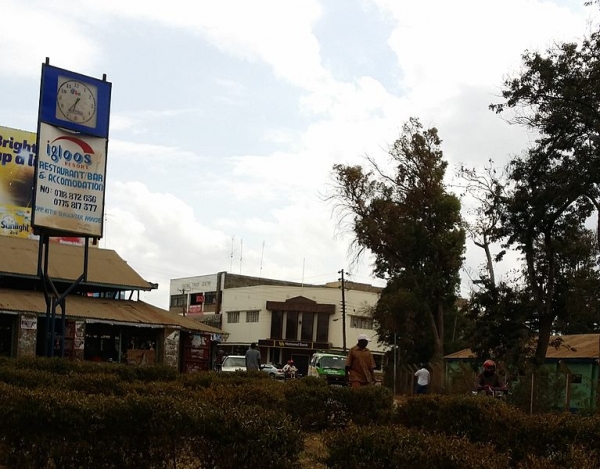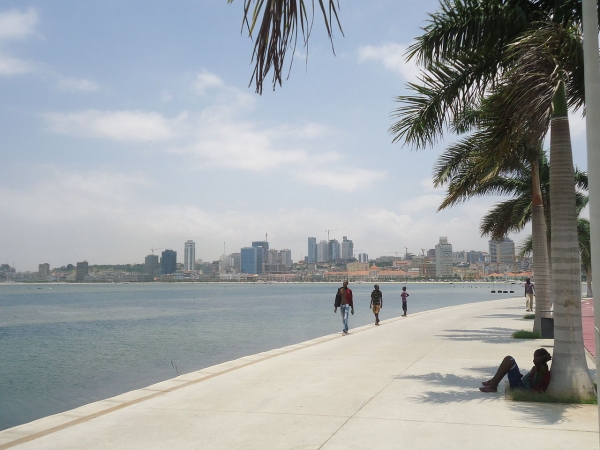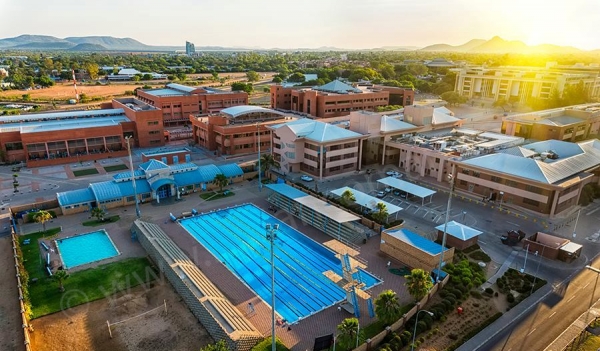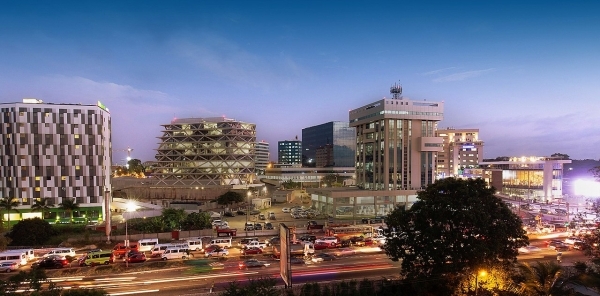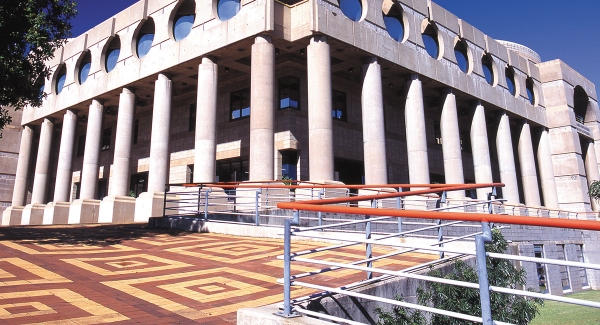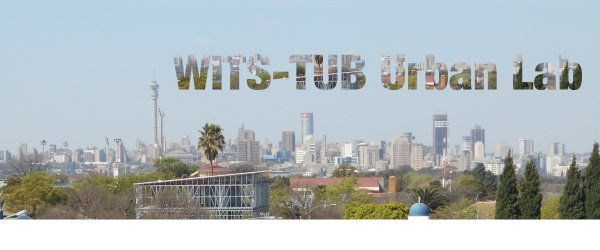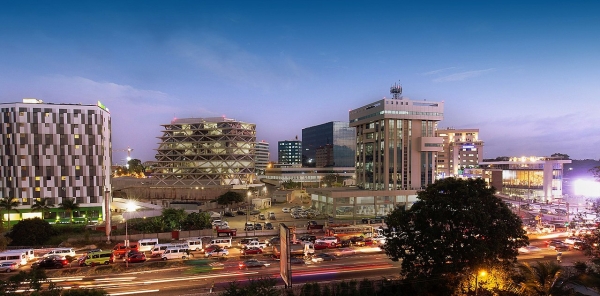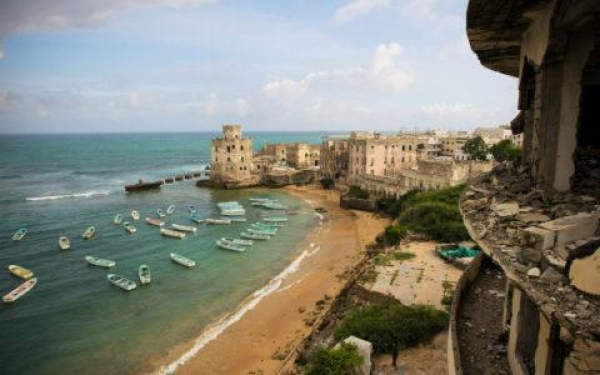Six fully-funded PhD scholarships will be awarded on a competitive basis to South African and other sub-Saharan African candidates for study at University of the Witwatersrand starting July 2017, in collaboration with Technical University Berlin.
The DAAD/BMZ funded Wits-TUB Urban Lab offers a PhD programme based on six fully-funded PhD scholarships, three for South African and three for sub-Saharan students, tenable at the University of the Witwatersrand (South Africa), starting in July 2017, in collaboration with Technical University Berlin.
The programme invites PhD research contributions, which question whether co-production can serve as a new paradigm to achieve transformation to sustainability in urban areas. How would existing conflictual co-production partnerships need to evolve and what new state-civil society-private sector interfaces might be needed? And what are the roles of urban professionals and researchers in this context?
The submission deadline for scholarship applications is 12 February 2017. Skype interviews with shortlisted candidates will take place immediately afterwards and the scholarships will become effective from 1 July 2017. Scholarship holders are expected to enroll as full-time students at the University of Witwatersrand and complete their research within 3.5 years (between July 2017 and December 2020).
The program is interdisciplinary, but places a special emphasis on a portfolio that cuts across the fields of development planning, housing, sustainable urban development, urban management, and urban design. Candidates in architecture and urban planning as well as in the humanities, cultural studies, urban geography, or social sciences with a focus on urban studies and planning as well as candidates in related fields such as landscape architecture are also welcome to apply. PhD candidates must hold a master’s degree that is equivalent to NQF level 8 in the South African Qualification System (SAQA). The program language is English. Applicants must also be proficient in any other languages necessary for their proposed geographic location of their research projects.
Further information
Download and read the call for applications document, or visit the programme website.
Download the application form here.

